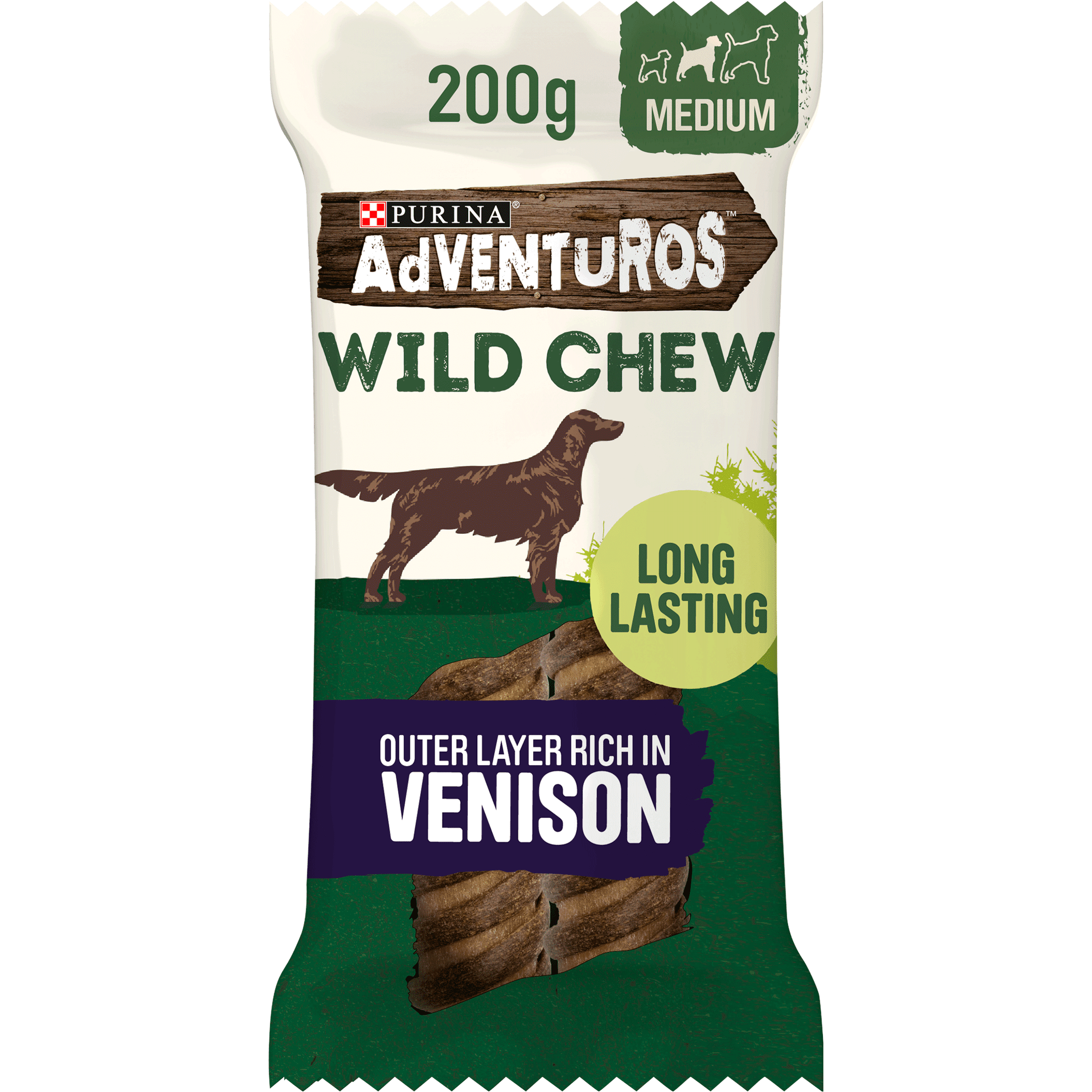
Turmeric is a very popular spice that’s been used in India for thousands of years. It’s best known for giving Indian curries their rich, orange colouring, but there has also been some debate about whether it can also be used as a medicinal herb, as it has been claimed that this spice has both anti-inflammatory and antioxidant properties.
Following the widespread popularity of this spice, many are starting to wonder whether it actually works as a herbal medicine in humans, and if turmeric is good for dogs too. Read on to find out all you need to know about turmeric for dogs.
Is turmeric good for dogs?
Despite a large number of studies in humans, the jury is still out on whether turmeric actually helps with certain specific health conditions. And, when it comes to turmeric for dogs, research is even more limited, meaning that this spice should not be used for routine clinical treatment of any veterinary conditions.
Is it unsafe to give my dog turmeric?
As the health benefits of turmeric haven’t yet been proven or disproven it can seem very tempting for us to give it to our pets. However, unfortunately there are a few reasons why we would advise being cautious about giving this spice to your pup.
Firstly, oral turmeric has very poor bioavailability. Bioavailability refers to the proportion of a substance that actually enters an animal’s bloodstream in order to have an active effect. In other words, if a substance isn’t able to have an active effect on an animal, it won’t work. And, with turmeric, the bioavailability and therefore effect of this substance is extremely poor when given orally.
Also, although serious adverse effects of turmeric are fairly uncommon (mainly because of the spice’s very poor bioavailability), it’s important to be cautious as over-the-counter turmeric products often aren’t regulated or checked in the same ways as traditional medicines. There is also little research on the potential risks of turmeric which, again, is why we wouldn’t recommend giving it to your dog.
Are there any turmeric alternatives?
Many owners will ask if there is anything they can give instead of turmeric. The long and short of it is that if your dog has a problem, there are normally a huge number of other treatments available. For instance, in the case of an older dog with stiff, painful joints caused by arthritis, there are often several treatment options including pain relief, supplements, physiotherapy and hydrotherapy, and making changes to a dog’s exercise regime and diet may also help with this condition.
So, whatever your pet’s problem, it’s best to get in touch with your vet who will be able to advise you on whether your pet needs to come in for a consultation. They will also be able to talk through all the appropriate options for diagnosing and treating your pet’s condition.
If you are interested in looking at complementary therapies or additives, find one of the country’s growing numbers of holistic vets, and seek their advice. These are fully qualified and experienced veterinary surgeons who have chosen to supplement their practice with safe and proven complementary therapies, and who are able to add them into a treatment plan where appropriate in safe and beneficial way.
In conclusion, when it comes to seeking treatment for your beloved pet, it’s safest to always consult a vet, and consider treatment options that are scientifically proven to be effective and leave turmeric where it belongs – in a delicious curry!
That’s our guide to turmeric for dogs! Looking for more dog feeding advice? Check out our guide on probiotics for dogs and how to use them.

















